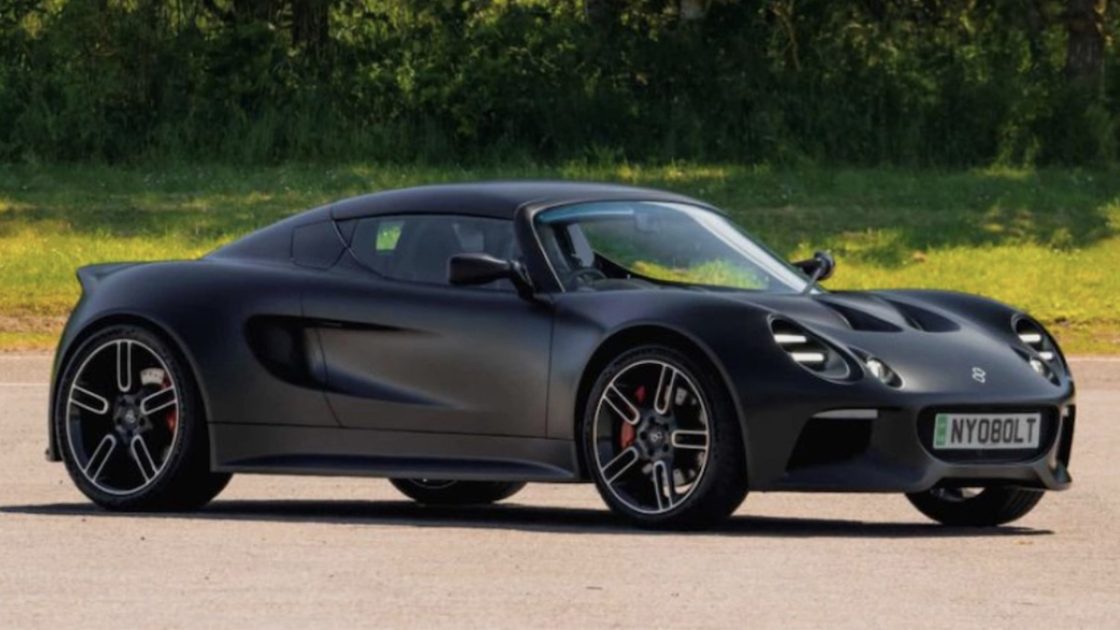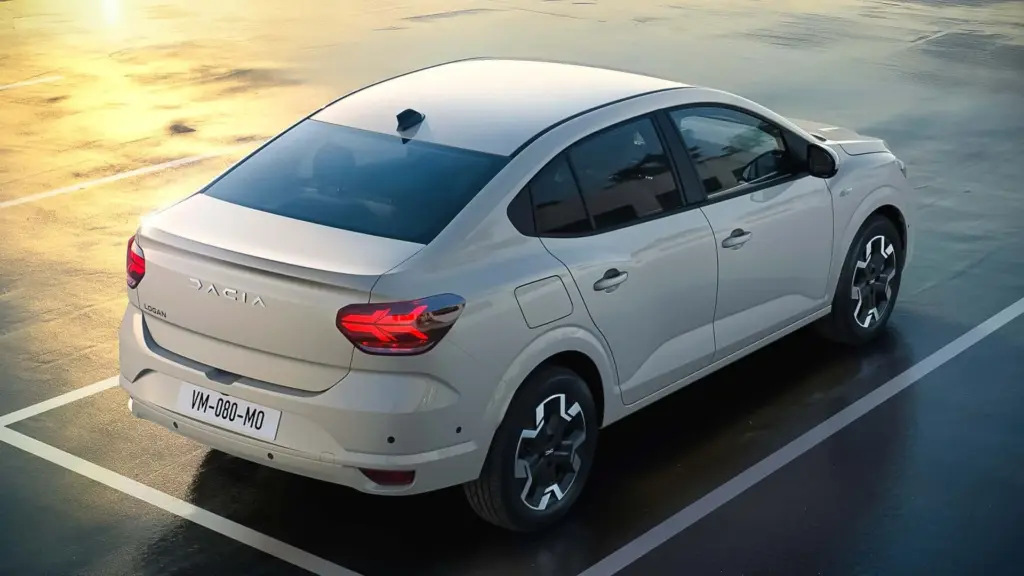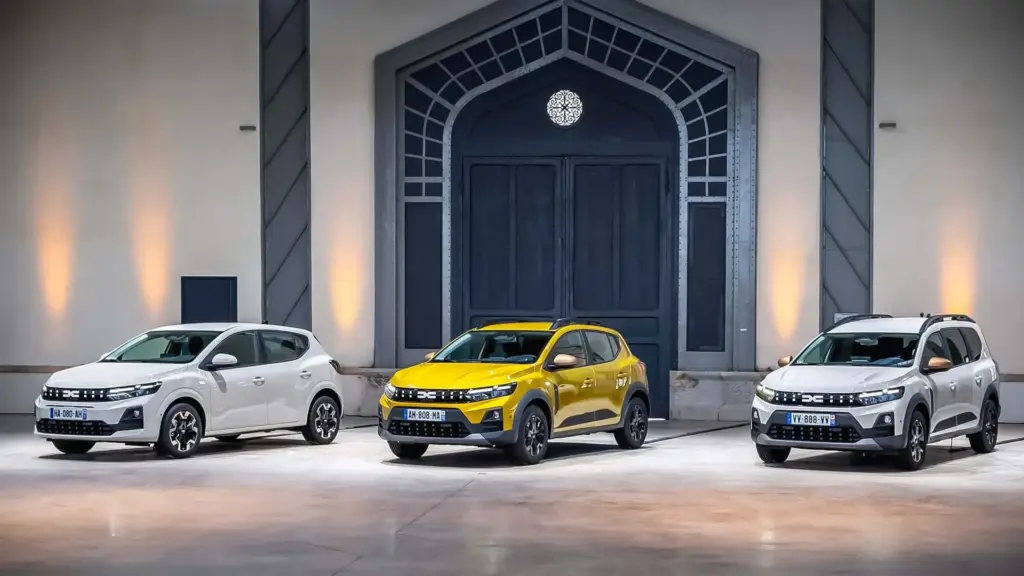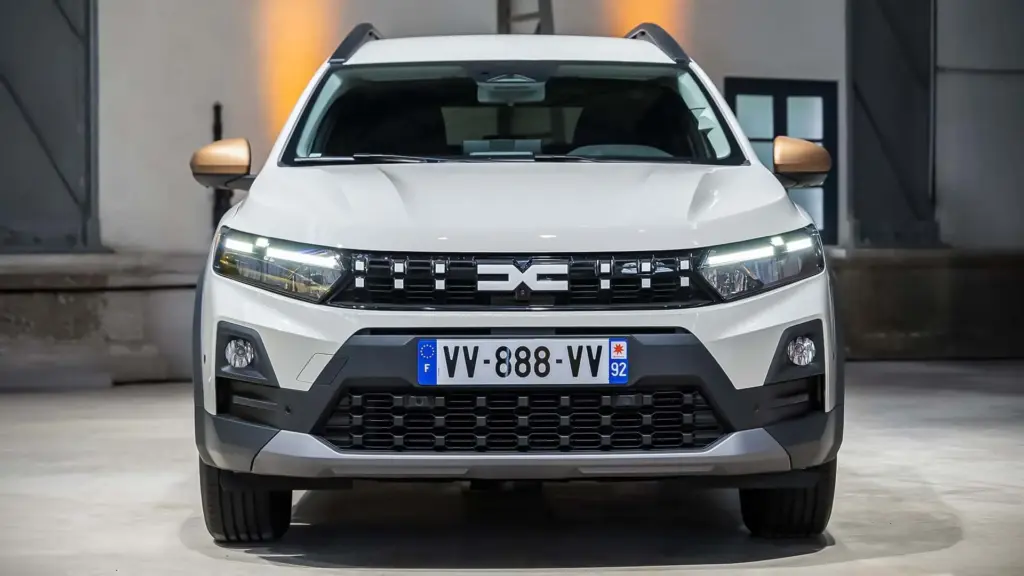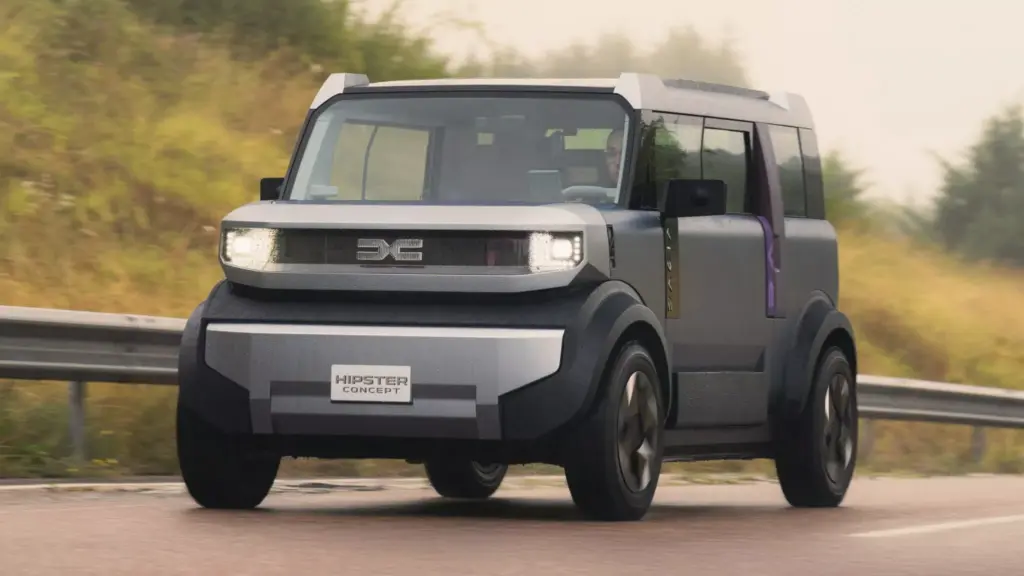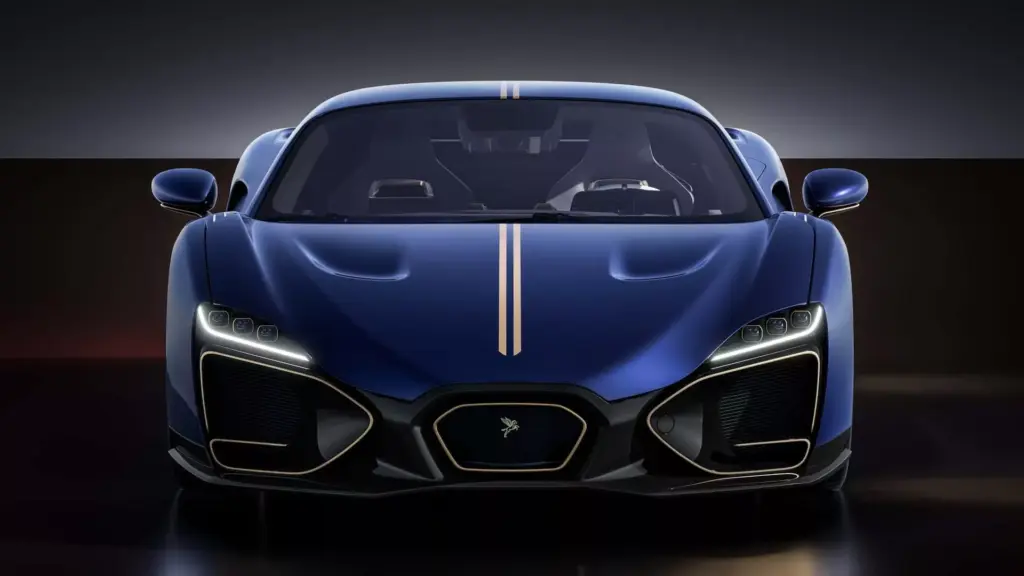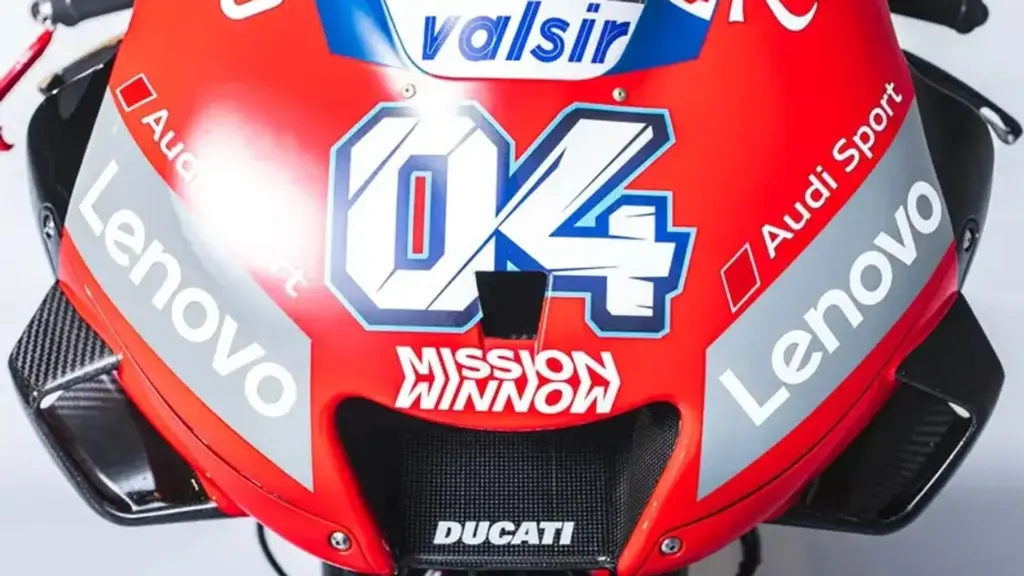Are the long waits for charging electric car batteries finally over? A British start-up believes so and recently conducted a practical test to prove their theory. Although the test faced some obstacles, the final results were impressive.
Nyobolt Tests Rapid Charging in Bedford
Lengthy battery charging times are still one of the main reasons driving customers away from purchasing electric vehicles. Despite technological advancements, the time required to charge an electric car still doesn’t compare to conventional refueling with gasoline. However, Nyobolt, a British start-up, claims to have overcome this barrier.
In mid-2023, Nyobolt announced that their concept car could be fully charged in under six minutes, although these conditions were only observed in a laboratory setting with several constraints. Critics pointed out the lack of clarity on what “fully charged” really meant and questioned the battery’s durability under such extreme conditions. Recently, the company decided to put their claims to the test in a real-world environment.
According to the BBC, Nyobolt took their concept car, still under development, to the race track in Bedford, UK. The idea was to demonstrate the rapid charging record at a conventional charging station with a 350-kilowatt HPC standard. However, the test faced difficulties: the 35-kilowatt-hour battery couldn’t charge from 0 to 100% in under six minutes. The company blamed the charging station and the car’s cooling system, which struggled to perform due to the summer heat.
Electric Car Charging in Under 6 Minutes: Reality?
Despite the setback, the test was not a complete failure. Nyobolt managed to charge the battery from 10% to 80% in just 4 minutes and 37 seconds, allowing the car to travel an additional 193 kilometers, almost the same time as a traditional refuel. If fully charged, the vehicle could range up to 250 kilometers. These results indicate that rapid electric car charging might be closer to reality than previously thought.
Another positive point is that the battery’s lifespan does not appear to be significantly affected by the fast-charging process. According to Nyobolt, after 4000 charge cycles, the battery still retains 80% of its original capacity. For comparison, iPhone batteries reach this point after only 1000 cycles. However, it is important to note that Nyobolt’s battery is relatively small and does not represent the capacity of an average family car battery. Therefore, these quick charging times cannot be directly applied to other vehicles.
Additionally, the Nyobolt, inspired by the Lotus Elise, is a sports car and extremely lightweight, weighing only 1250 kilograms, which contributes to its higher range efficiency. Even so, the company is on a promising path, with plans to begin mass production of both the car and the battery by 2025. For this, Nyobolt still needs production and distribution partners, as they do not intend to become a manufacturer.
The results of Nyobolt’s rapid charging test in Bedford show that, although there are still challenges to overcome, the future of electric cars is increasingly matching the convenience of combustion vehicles. The ability to charge an electric car battery in under six minutes could revolutionize the automotive industry, making electric vehicles a more viable and attractive option for consumers. However, it is essential to continue investing in innovation and infrastructure for this technology to become a practical and accessible reality.
Author: Fabio Isidoro
Founder and editor-in-chief of Canal Carro, he dedicates himself to exploring the automotive universe with depth and passion. A car and technology enthusiast, he produces technical content and in-depth analyses of national and international vehicles, combining quality information with a critical eye for the public.

